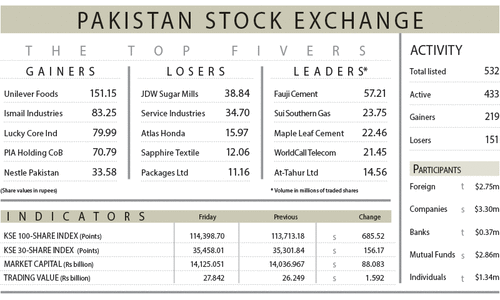OUAGADOUGOU, Nov 17: World cotton production is set to fall six per cent to 24.7 million tons over the next year as growers turn to other crops to make money, an international trade body said on Monday.
“World cotton production is set to decline by 24.7 million tons by six per cent in 2008-2009,” the International Cotton Advisory Committee (ICAC) said in a report published during an international conference in the Burkina Faso capital this week.
Less land is being used to grow cotton worldwide, as farmers turn to corn, wheat, soya, rice and sugarcane, to stay in business, according to the ICAC.
The price of cotton has fallen about 30 per cent on international markets in recent months.
Members of the association, founded in Washington in 1939, represent the governments of more than 40 leading cotton producing countries, including the United States, China, India, Pakistan, Brazil, Turkey, Egypt, Australia, Colombia, Greece, Spain and Poland.
The ICAC said the decrease in the 2008-2009 was largely due to a production fall of between 1.3 million tons and three million tons in the United States.
Decreases are also expected in Turkey, Brazil and Egypt, while increases could occur in Australia and Pakistan.
The ICAC said industrial demand for cotton could decline by one per cent this year to 26 million tons, from 26.4 million in 2006-07.
This is due to the economic crisis and the higher price of cotton compared to polyester, a synthetic product.
World cotton stocks are forecast to fall by 11 per cent to 10.9 million tons in 2008-9.
Some 300 delegates from 56 cotton producing countries are at the conference on “Technologies for Cotton Development”.
Burkina Faso’s Commerce Minister Mamadou Sanou said on Monday that the next Doha round of world trade negotiations should give priority to Africa’s critical but foundering cotton sector.
Burkina Faso and other West African producers Benin, Mali and Chad are demanding a cut in government subsidies given to cotton growers in the United States and other industrialised states.
“The reduction in the subsidies given for cotton must be more ambitious than the reduction accepted for agriculture in general,” Sanou told the conference.—AFP













































